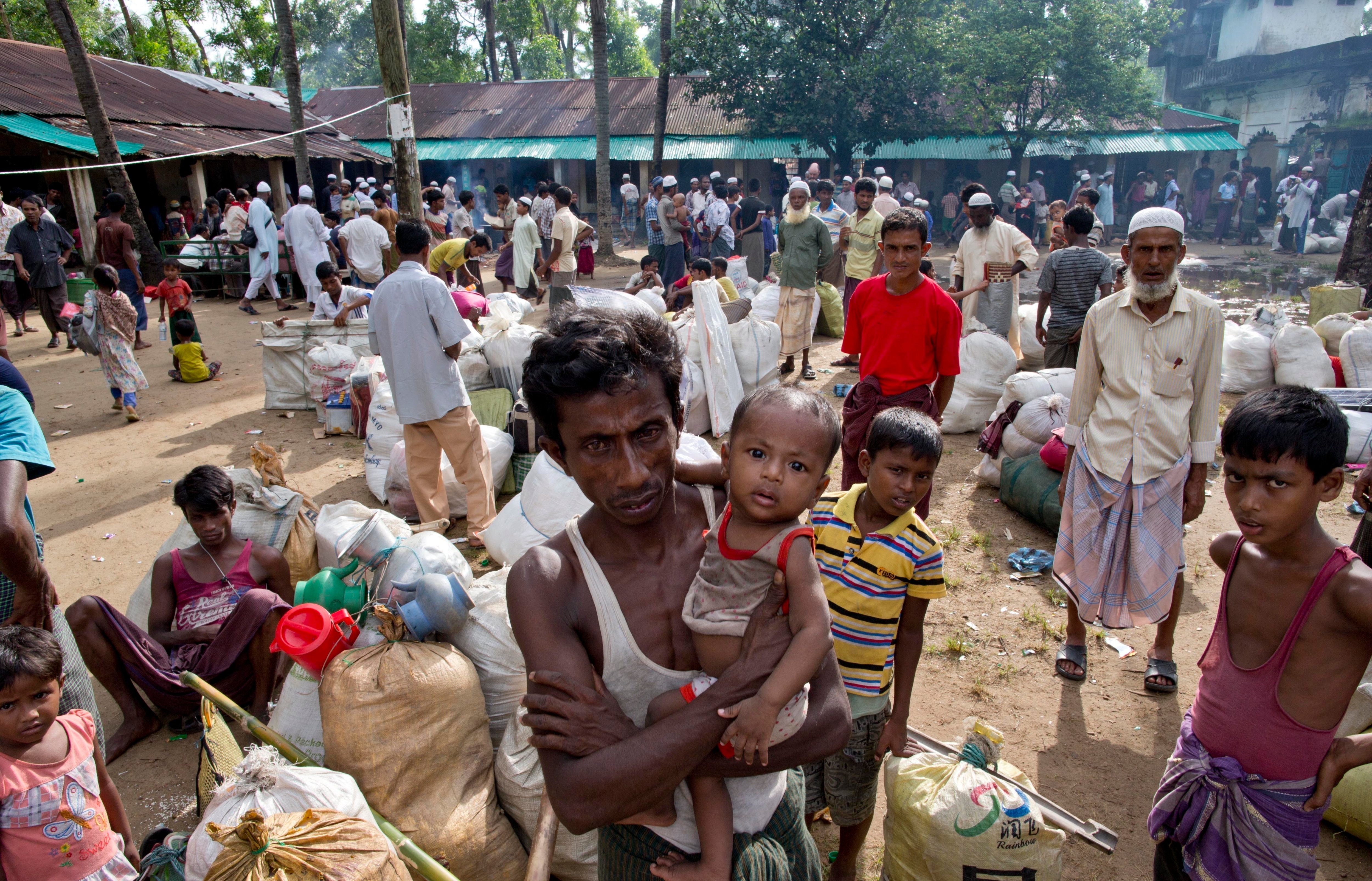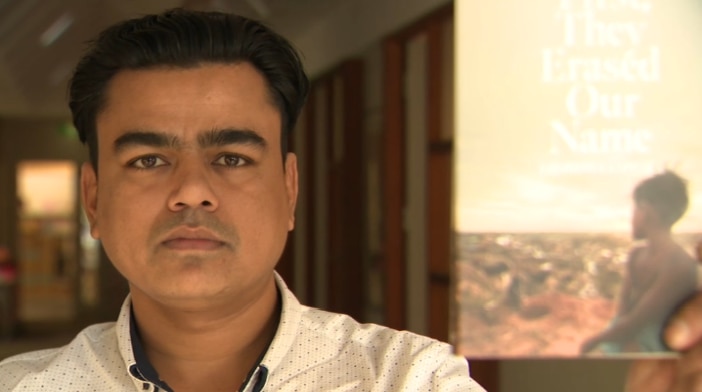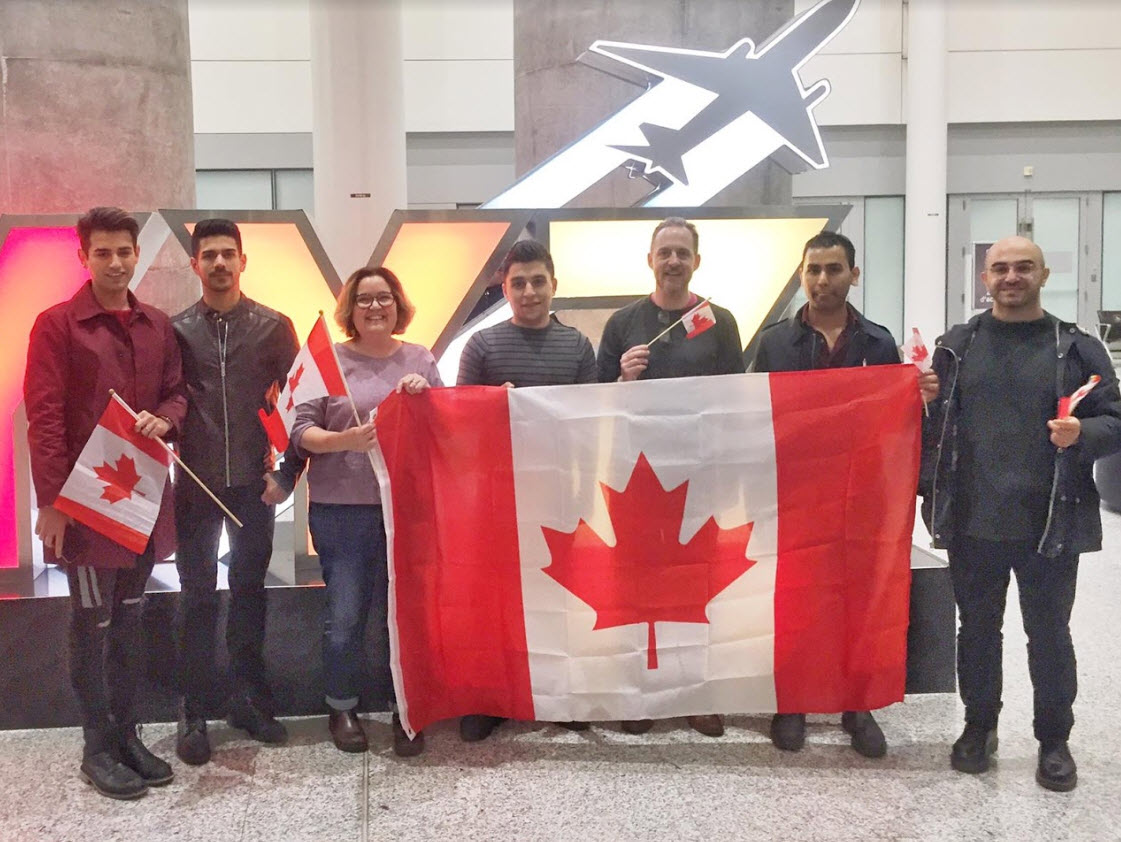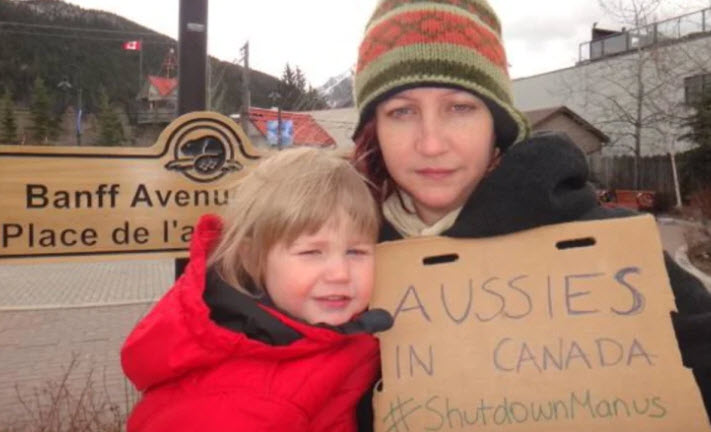Dhaka asks Naypyidaw; urges conducive environment in Rakhine

Dhaka has asked Naypyidaw to stop concocting campaigns against Bangladesh and focus on creating an environment in Rakhine conducive to sustained repatriation and reintegration of the Rohingyas.
Myanmar continues to spread fabricated information, misrepresented facts, and unsubstantiated claims to unjustifiably shift the onus of the Rohingya crisis on Bangladesh, said Bangladesh foreign ministry in a statement yesterday.
"This testifies to Myanmar's campaign to avoid its obligations to create conducive environment in Rakhine for the sustainable repatriation and reintegration of the Rohingyas," it said.
Some 750,000 Rohingyas fled a brutal military campaign in Myanmar's Rakhine State. Since then, two attempts of repatriation failed as Rohingyas in Cox's Bazar camps refused to return, saying that Myanmar has not ensured safety in Rakhine and there was no guarantee of citizenship.
However, Myanmar always tried to pass the blame on Bangladesh, the ministry said.
On November 15, Myanmar's State Counsellor's Office spokesperson claimed that non-cooperation and non-respect of bilateral arrangements by Bangladesh was responsible for non-commencement of Rohingya repatriation.
Myanmar's claim of return of a handful of people, who are not verified, does not testify to any improvement of the ground reality in Rakhine, the ministry said.
While Myanmar claims that the situation in Rakhine is conducive enough for repatriation, it must allow the international community, including UN officials, international media, and representatives of the prospective returnees, to visit the places of return to assess the ground reality and help the returnees make an informed choice.
Myanmar always alleges that the Rohingyas do not want to return due to intimidation and negative propaganda by ARSA elements and NGO staffers in the camps in Cox's Bazar. Such allegations are totally baseless and must have originated out of some ulterior motives, the ministry said.
There are no ARSA activities in the Rohingya camps, it said, adding, "Myanmar is carrying out such propaganda to avoid its responsibility and misguide the international community."
Myanmar has so far verified only 65 out of about 450 Hindus sheltered in Bangladesh. Before alleging that Bangladesh did not send Hindus back to Rakhine, Myanmar should have completed verification of past residency of all these people.
"If Myanmar was really sincere about the repatriation, it must have by now arranged return of about 4,200 Rohingyas from the "no man's land" at Bangladesh-Myanmar border and resettled around 140,000 individuals from IDP [internally displaced person] camps in Rakhine to their respective places of origin," the ministry said.
It is an established fact that the Rohingya crisis resulted from systematic disenfranchisement and brutal persecution of this religious minority by the successive regimes in Myanmar, it said.
"Continuation of the same by the present government is the sole reason for the gravity of the crisis," the statement added.
"Bangladesh has no interest in delaying the repatriation. Sincerity of Bangladesh in facilitating earliest repatriation of Rohingyas as per bilateral instruments has been unquestionably established through its actions."
Myanmar must not expect Bangladesh to cooperate in repatriation in an uncertain environment in Rakhine, Dhaka said, adding that despite disappointing experiences in the past and greater challenges ahead, Bangladesh primarily relied on bilateral engagements with Myanmar and concluded two instruments on return.
As per the deals, Myanmar is under obligation to bring back normalcy in Rakhine and create an environment conducive to the repatriation and addressing the root causes of the Rohingya crisis. Moreover, Myanmar is entirely responsible for encouraging the Rohingyas in their voluntary return.
"Unfortunately, Myanmar has utterly failed to demonstrate any political will to fulfil its obligations and is trying to shift the onus on Bangladesh," the statement said.
If Myanmar is really sincere about ensuring justice and ending the culture of impunity, it should extend full cooperation for ongoing international accountability initiatives.
The Bangladesh government has consistently been pursuing the policy of good neighbourhood to resolve the protracted crisis through dialogues, the statement added.
Therefore, unjustifiable accusations by Myanmar, which is solely held responsible for the crisis, are totally unacceptable, it added.







